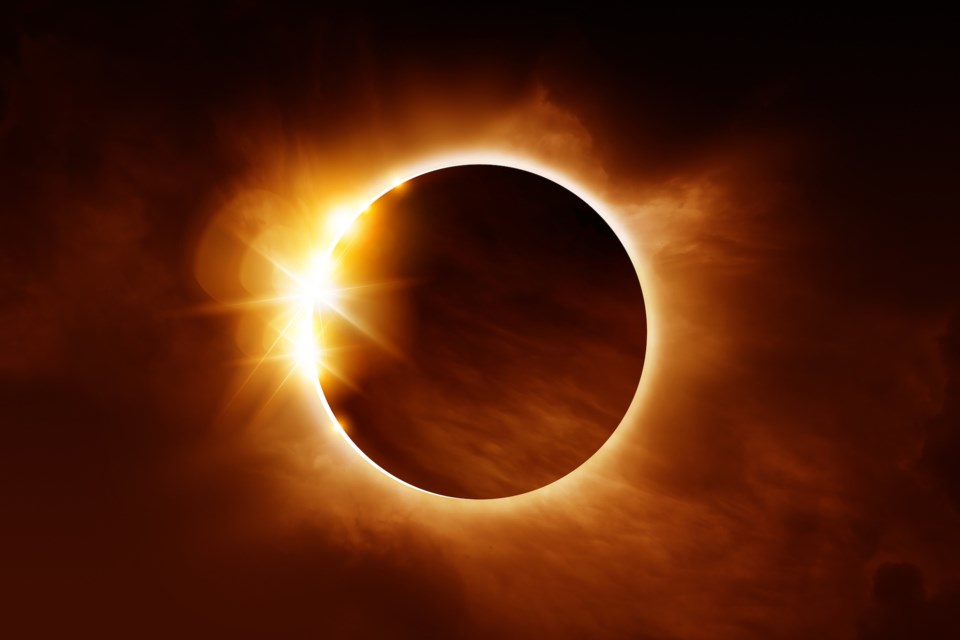With a total solar eclipse set to send Waterloo region into darkness on Monday afternoon, the decision on how to best handle it among local school board's has fuelled debate.
Is staying open to in-person learning a rare educational experience or a foolish risk?
It depends who you ask.
The Waterloo Catholic District School Board decided back in February to shift an originally scheduled Professional Activity Day on April 19 to April 8 to coincide with the eclipse, a move it said was "made out of an abundance of caution for student and staff safety."
Last month, the Waterloo Region District School Board announced its schools would be staying open.
"As a publicly funded educational institution, we will be providing valuable education for the students we serve on April 8, as we do every school day," the board said in a statement on its website on March 6.
"We're confident WRDSB staff will make the most of the once-in-a-lifetime learning opportunity connected to the eclipse."
Despite educational activities being planned by staff, president of the Elementary Teachers’ Federation of Ontario - Waterloo Region, Jeff Pelich, believes staying open is a bad idea.
"We disagree with the decision," Pelich said in an email to CambridgeToday.
"The height of the eclipse occurs between 3 and 4 p.m., and this coincides with student dismissal at most schools across the WRDSB. Students will have minimal supervision during this time, and it seems very foolish to take this risk."
Pelich points out that of the 76 school boards in Ontario, only 11 are remaining open.
"Of those eleven, all except the WRDSB are located in the far north and aren't impacted to the degree of those in southern Ontario," he said.
"Sixty five school boards felt that they didn't want to risk student safety."
One of the main concerns the ETFO has is the health risk associated with students wanting to look at the sun without proper protective eyewear.
While teachers will be educating about the dangers of doing so, Pelich realizes young people don't always consider the impacts of their decisions.
"Educators will be teaching about the risk, but children often fail to understand the long-term consequences of their actions," he said.
"This is the worst possible time to have students unsupervised."
Liability for the school board doesn't seem to be an issue according to James Butler, a student of law at Matlow, Miller, Cummins, Thrasher LLP in Cambridge.
Butler told CambridgeToday back in February that proving fault or negligence would be tough.
"Without digging into the specifics, my first answer is I don’t think there would be any liability," Butler said.
"If someone looks at it, it’s unclear what the school should have done to prevent that."
He said it's plausible a teacher could mishandle the eclipse, putting students at risk, but it would be hard to prove within the legal system.
With the public school board set to open its doors Monday morning, the ETFO is continuing to preach caution.
"The ETFO strongly advocates that the WRDSB dismiss students slightly early, between 1 and 1:45 p.m., depending on the school, so they can return home before the eclipse begins," Pelich said.
"Our concern is with the timing of the eclipse and the challenges in supervising students once they are dismissed at the end of their day."



